Web3 Payment Cards in Malaysia: 3 Ways They Work — and 3 Ways They Don’t
September 13, 2024

Web3 Payment Cards Malaysia: Let’s talk about something a little outside the usual GrabFood delivery or Shopee checkout routine — crypto-funded payment cards. The idea of spending your Bitcoin or USDT in real life — at a bubble tea stall or on a Lazada deal — sounds slick. But how far does the fantasy go in Malaysia?
Here’s a straight-up list of where Web3 payment cards actually work — and where they don’t.
Where Web3 Payment Cards Work in Malaysia
1. Physical Stores That Accept Visa/Mastercard
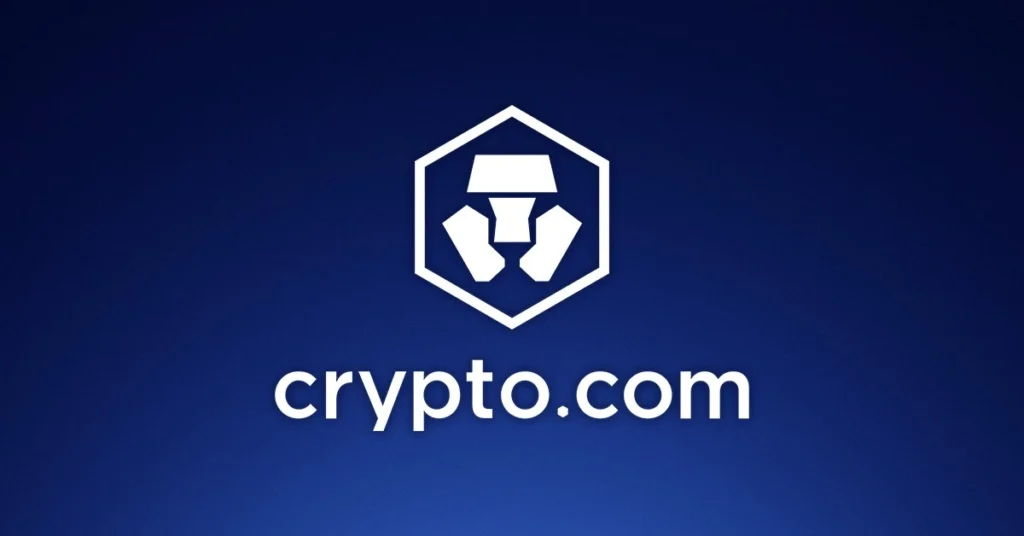
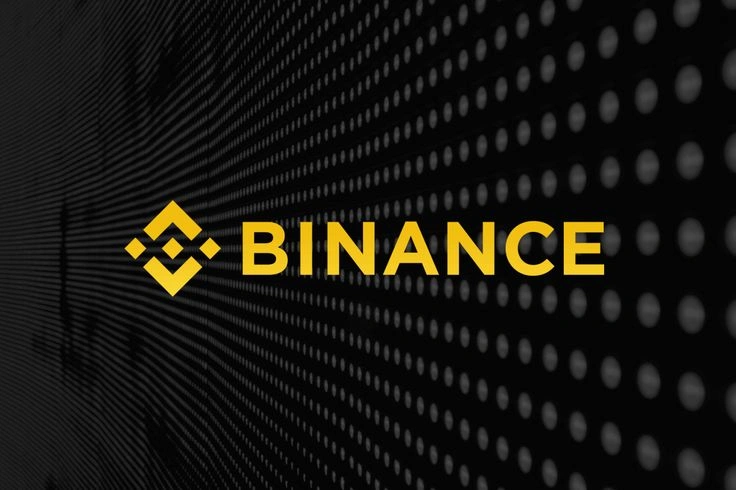
If you’re buying something in person — say, sneakers from a chain retailer or drinks from a convenience store — and they accept Visa or Mastercard? You’re golden. Cards from Crypto.com, Binance, and Wirex all work just like normal prepaid cards in these situations.
Pro tip: Always check if the terminal supports foreign-issued cards before tapping.
2. International E-Commerce Sites
Shopping on Amazon or overseas sites? Crypto-linked cards work surprisingly well here, since these platforms are used to handling a wider range of international cards.
Works best for:
- Direct Visa/Mastercard checkouts
- Sites that don’t require local bank verification (e.g., OTP from Malaysian banks)
3. Buying Gift Cards from Third-Party Platforms
Want to use your crypto card on Grab or Shopee indirectly? You can — just not the way you’d hope. Use your card on third-party platforms (like OffGamers or ReloadPin) to buy gift cards or top-up codes for local services.
Is it a workaround? Yes. Does it work? Also yes.
Where Web3 Payment Cards Don’t Work in Malaysia
1. ShopeePay Wallet Top-Ups
Bad news for frequent Shopee buyers — ShopeePay doesn’t play nice with prepaid crypto cards. Most of these cards are flagged as international prepaid, which Shopee generally blocks for wallet top-ups.
Even attempts through PayPal are hit-or-miss — and when it comes to checkouts, most users report failed transactions.
2. GrabPay Top-Ups
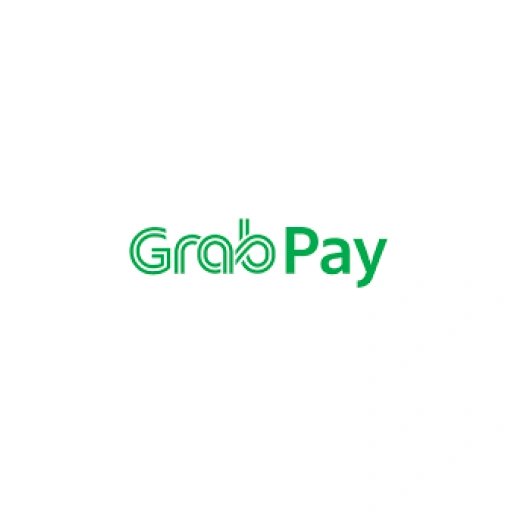
Trying to top up your GrabPay wallet with a Web3 card? Good luck. GrabPay has strict filters for foreign and prepaid cards, and crypto cards usually get denied. Some users have managed to add the card directly as a payment method for Grab rides or food, but this depends on the card issuer and whether Grab flags it.
Bottom line: Top-ups are a no-go, spending might work.
3. Touch ‘n Go (TNG) eWallet
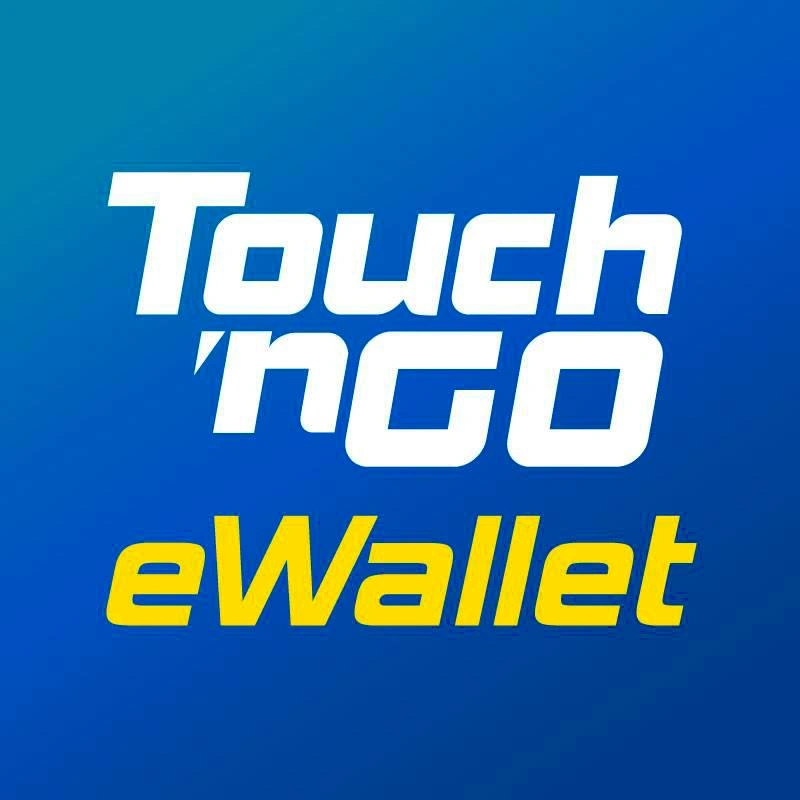
TNG has perhaps the strictest card acceptance rules in Malaysia. If your card isn’t local and bank-issued, it’s likely blacklisted. That means no top-ups, no linking, and no crypto card access — period.
No confirmed workaround exists for now, making TNG a total dead end for Web3 cards.
The Verdict: Are Web3 Payment Cards Worth It in Malaysia?
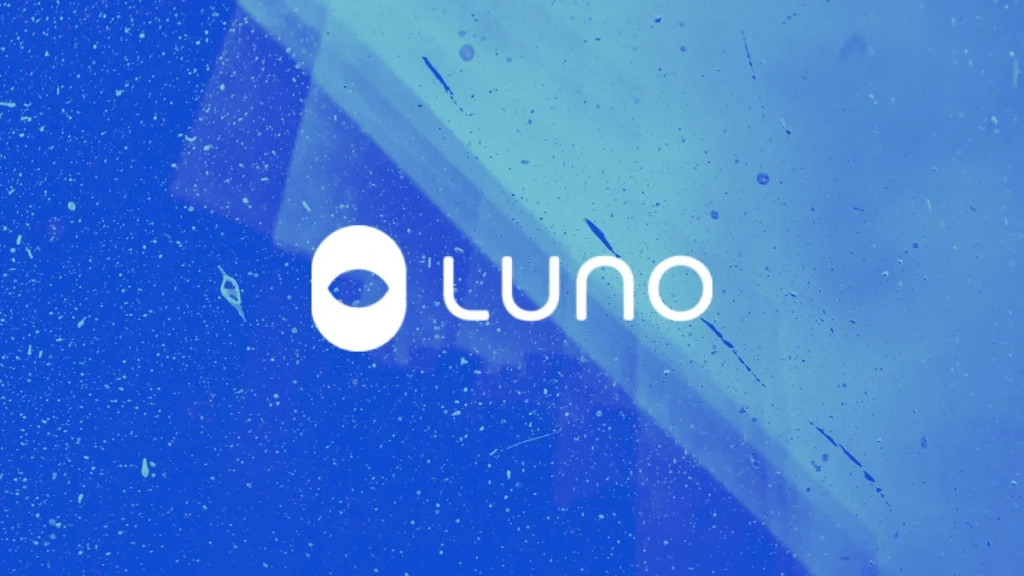
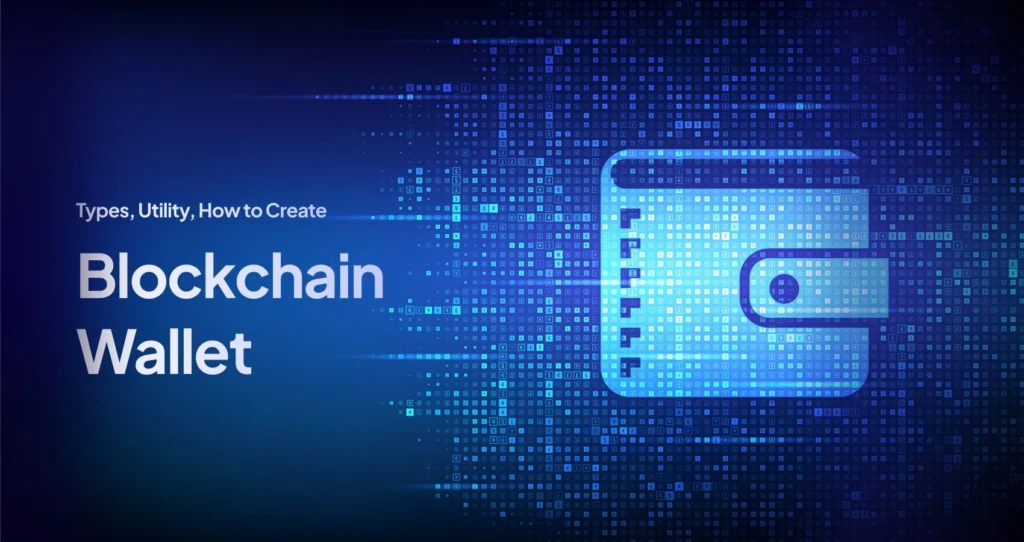
Web3 cards are a cool tool for crypto enthusiasts, travelers, and digital nomads. But they’re not ready to replace your CIMB or Maybank card just yet — especially if you rely heavily on Grab, Shopee, or TNG.
That said, the landscape is evolving. With Luno gaining traction and local players exploring blockchain-based features, we’re not far from a future where paying with crypto is as normal as using Boost or DuitNow.
Until then? Web3 cards are best used strategically — and with a healthy dose of patience.
Relevant news: HERE
